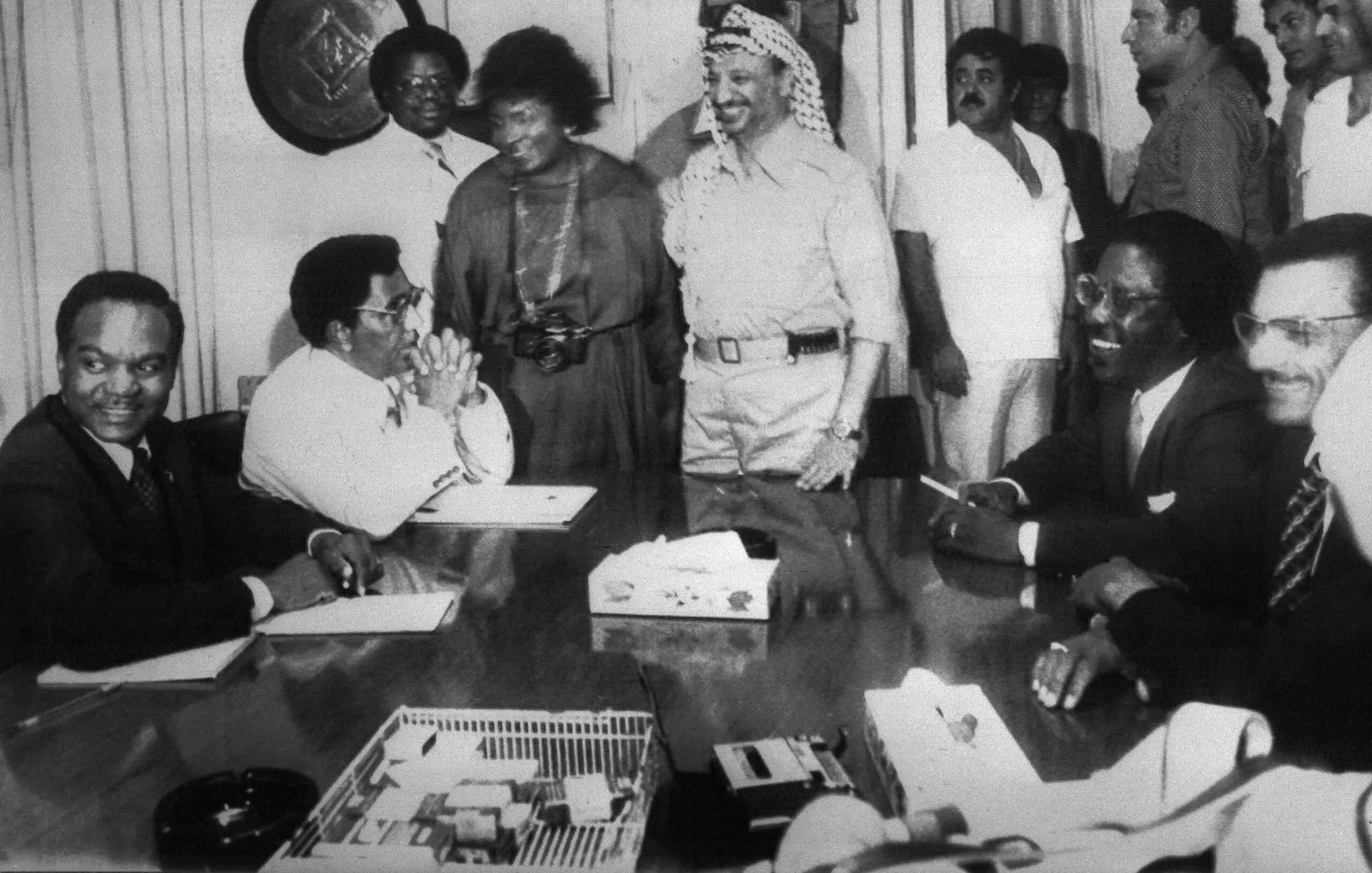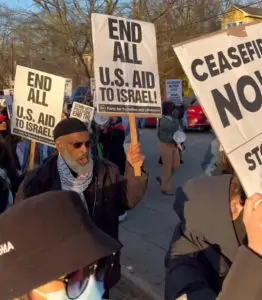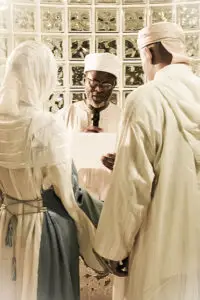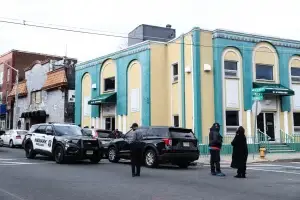Growing tension in the halls of the U.S. government and beyond has resulted from the Hamas attack upon Israeli civilians on October 7th and the subsequent Israeli government’s massive bombing and other measures upon the Palestinian people of Gaza – resulting in enormous loss of human lives.
This has, in turn, generated debate – particularly from within Democratic Party circles, as to whether or not continued unequivocal and unqualified political support for the state of Israel remains a viable option for the United States of America. African American elected officials- who are themselves the beneficiaries of Civil Rights-era political gains, are finding themselves the object of pro-Palestinian protestors. This is significant because the Palestinian struggle for freedom has been a source of contention amongst Black Americans since the late 1960s. Before then, mainstream Civil Rights organizations like the NAACP (National Association for the Advancement of Colored People) SCLC (Southern Christian Leadership Conference) or CORE (Congress of Racial Equality) were either led by Jewish supporters of the state of Israel or had significant positions of influence in them.
Further, Jewish Americans were prominent in defending civil rights protestors in the Southern United States and contributing to civil rights organizations—even the more independent ones like SNCC (The Student Non-Violent Coordinating Committee ). The State of Israel and its treatment of the Palestinians weren’t on the American domestic political agenda.
Then, in 1964, El-Hajj Malik El-Shabazz/Malcolm X met with Palestinian leaders in Gaza as the PLO was in formation. Two years after his martyrdom, the Black Power movement emerged in 1967. It subsequently began to internationalize its perspective beyond civil rights to human rights and national liberation. That movement’s leaders publicly expressed solidarity with other people struggling for freedom in the Americas, throughout the African continent, the Caribbean, and in Israel (Palestine).
The same year, war erupted between the state of Israel and the regional Arab states of Egypt, Jordan, and Syria, in what is now referred to as the “Six-Day War” or 1967 Arab-Israeli War.
At the conclusion of that armed conflict, a militarily victorious state of Israel illegally annexed and occupied both the Gaza Strip and West Bank, in violation of international law and several UN resolutions. SNCC then published an essay entitled “ The Middle East Crises”! Mainstream Jewish American organizations saw the article as a betrayal. They publicly attacked SNCC and stopped all financial donations to the organization. This opened a political fissure that has never been closed. Now, 56 years later, current events in the Holy Land have brought the results of an unresolved human rights dilemma to global attention and concern.
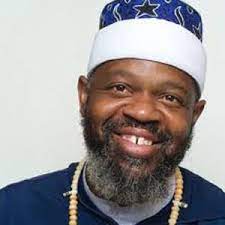
Imam Dr. Al-Hajj Talib ‘Abdur-Rashid has been the religious and spiritual leader (Imam) of The Mosque of Islamic Brotherhood Inc. since November 1989. A Muslim social justice activist, the Imam’s mission of service has been rich and varied over more than three decades.

